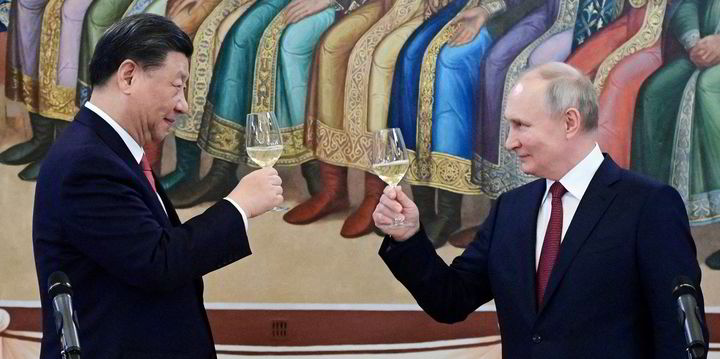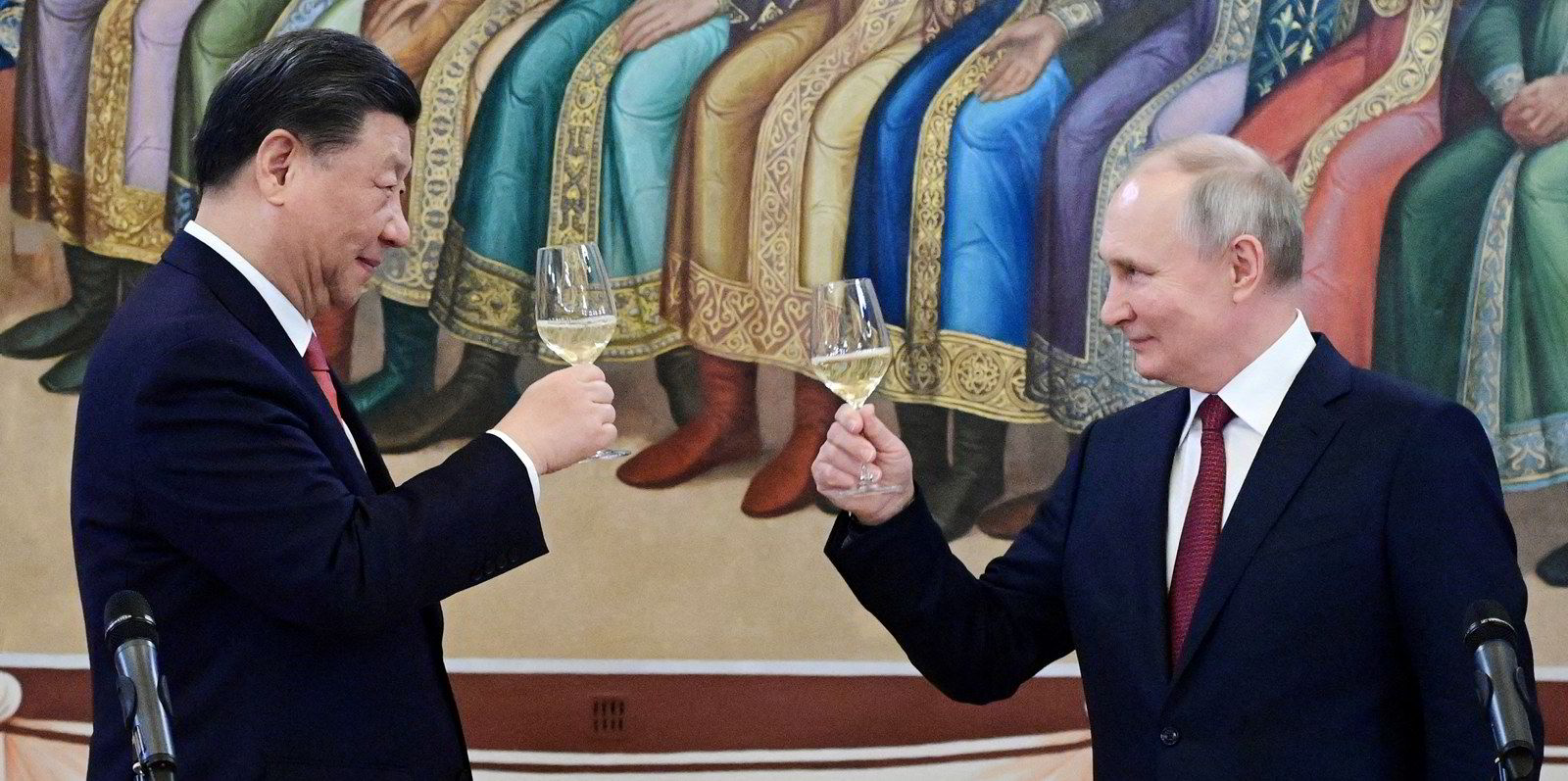OPINION; Russian intrigue about the sabotage attacks that took out three of the four strings making up the Nord Stream 1 and 2 pipelines is probably intended to divert international attention from its war in Ukraine.
The watching world should be used to the war of narratives that takes place around many issues these days. For the Kremlin, the Nord Stream saga forms the centre-piece of a campaign that goes to the heart of its geopolitical struggles.
By chipping away at any sense of right and wrong, President Vladimir Putin wants to weaken Western resolve over support for Ukraine.
Elsewhere in the world his task is somewhat easier. There are deep-seated resentments about the historical legacies of European colonialism and what many see as US hegemonism, and the West has found it difficult to persuade key players, such as India and Brazil, to condemn Russian aggression in Ukraine.
The Nord Stream mystery serves the Kremlin well with a counter narrative as Moscow tries to exploit suspicions and resentment.
Whoever attacked the pipelines, it is clear that Russia could have done things differently by focusing on the possibility of restoring natural gas flows to Europe via Nord Stream 1.
Article continues below the advert
The Kremlin could have instructed Gazprom to replace the blown up pipeline segments and resume Russian gas flows to Europe.
The gas giant has the tools and the capacity to complete such mission even with the constraints of international sanctions. Two pipelay vessels, Akademik Chersky and Fortuna, were refitted for construction of the Nord Stream 2 in 2021 and are moored in Russian ports.
Such a stance might have gone some way to showing its former customers that they had indeed lost a reliable commercial partner and raised more questions in more Western minds than endless conspiracy theories.
German press reports suggested that there is a backlog of specialised pipes left over from the Nord Stream 2 project that remain in warehouses in Europe that may be used in such repairs.
But instead of actions that could have gone some way toward convincing the world of Russia’s good faith, Moscow opted to step up with conspiracy theories and escalate its demand for a UN-led international investigation into the explosions.
This proposal wasvoted down by the UN Security Council, despite support for such resolution coming from China and Brazil.
Beijing wants to count on cheap Russian hydrocarbons in the years ahead and sees Moscow as a junior partner in a long game aimed at ending US dominance on the international stage.
Brazil’s President Luiz Inacio Lula da Silva has a record of good working relations with both Russia and China and is keen on using such relations to balance US power. China is also Brazil’s biggest trading partner, buying about 70% of the country’s soy exports, for example.
This is weighty support and will encourage Russia. By repeating its accusations and demanding an investigation, Russia is trying to engage a widening audience with its Nord Stream rhetoric.
The strategy may also be case of damage limitation exercise in anticipation of an unfavourable verdict for Russia from investigations in Denmark, Germany and Sweden.
Russia is not going to give up easily on this and reportedly plans to seek compensation for damage to the subsea pipelines.
The reversal that Russia suffered in the UN Security Council could be just the opening encounter in a new set of challenges to come from Moscow.
(This is an Upstream opinion article).

